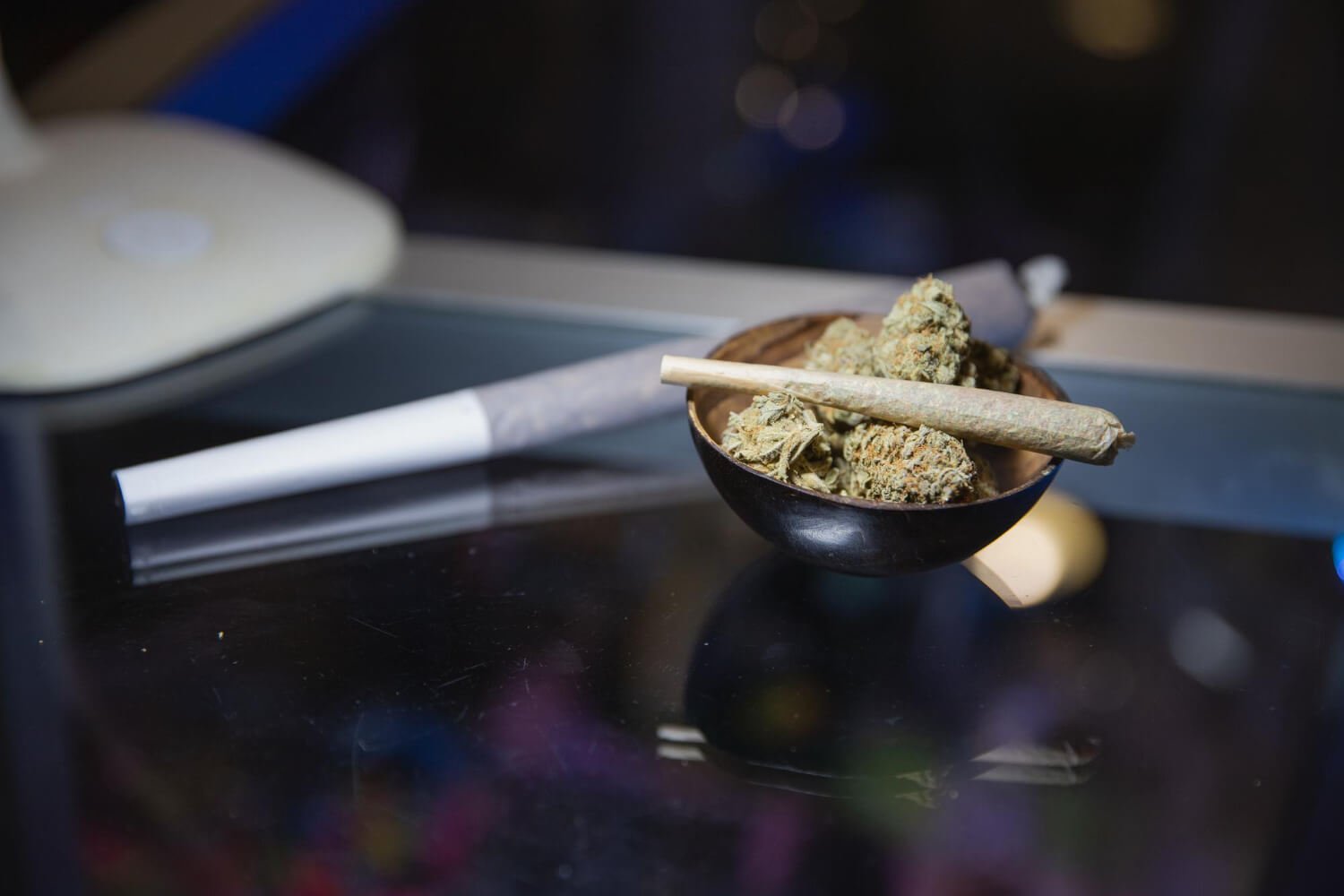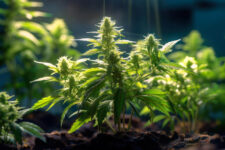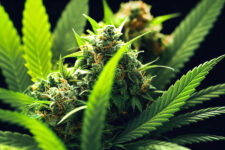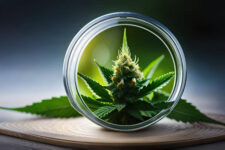Due to its recent discovery, we are not entirely sure of THCP’s negative effects. With the supposed ability to activate CB1 receptors 33 times greater than delta-9 THC, THCP poses a lot of questions about its safety. Moreover, its origin of creation throws another wrench into its mystery.
The Potential Negative Effects of THCP
The potential negative effects of THCP are not well documented. Discovered in 2019, researchers only tested the binding affinity of THCP with cannabinoid receptors along with its cannabimimetic activity.
Due to THCP’s supposed ability to activate CB1 receptors to a much greater degree than delta-9 THC — the cannabinoid long thought to be the culprit behind marijuana’s high — many experts have expressed concerns about THCP’s safety.
When consumed in the natural amounts present in cannabis flower, THCP may produce side effects similar to delta-9 THC.
When consumed in larger amounts not naturally found in cannabis flowers, experts are worried about THCP’s potential to be a full agonist of CB1 receptors.
Delta-9 THC is usually a partial agonist and considered relatively safe due to its low efficacy at CB1 receptors. However, if THCP has greater efficacy in activating CB1 receptors, its side effects could be incredibly dangerous.
At this point, it does not appear that THCP is a full agonist of CB1 receptors, but so much is unknown about this cannabinoid. In fact, the only way to currently get an idea of THCP’s side effects is individual anecdotal reports on websites like Reddit.
Generally, no incredibly alarming side effects are noted. However, these reports tell us nothing about THCP’s long-term effects. As well, it’s impossible to know just how much THCP these products actually contain.
General Side Effects
It’s likely that THCP shares many of the side effects of delta-9 THC. This includes dry mouth, dizziness, lethargy, and disorientation. Additionally, THCP may cause an uncomfortable “too high” feeling due to its potency. It’s unknown if side effects are greater with THCP vs. delta-9 THC.
Drug Tests
THCP causes the production of THC-COOH metabolites. When drug tests look for marijuana use, the level of THC-COOH in the body will determine a positive result.
Few Factors Influencing the Side Effects of THCP
Five main factors influence the side effects of THCP:
- Milligram Strength – THCP products can have varying amounts of THCP per milligram. The more concentrated the dosage, the greater the chance of side effects.
- Dosage – Along with how concreted the dosage is, the size of the dosage, and how often you dose will influence the side effects of THCP.
- Individual Tolerance – Those inexperienced with psychoactive cannabinoids should be careful as their lower tolerance puts them at risk of seeing greater side effects.
- Delivery Method – The bioavailability of cannabinoids can vary significantly depending on the delivery method. Flowers and vapes generally provide the greatest bioavailability, which typically means stronger effects.
- Individual Body Response – One of the big reasons you shouldn’t rely on individual reports of THCP is that everyone is different. There are so many biochemical factors that determine our reaction to cannabinoids, it can leave you dizzy.
THCP products are poorly regulated, meaning the label might not match the contents. Then the way the THCP product was created could further affect its potential side effects. This means that just because you used a THCP product in the past without issues does not mean they won’t occur with a different THCP product.
Safety Considerations and Recommendations Before Using THCP
As with all products that contain cannabinoids, whether psychoactive or not, care needs to be given when buying and using these items. Their ability to interact with the endocannabinoid system allows cannabinoids to influence chemical receptors in nearly every system of the body.
Just because you handled a THCP product well in the past does not mean you won’t see issues in the future. To help avoid that from happening, you should only use THCP manufactured by a reputable company that implores lab testing for purity, potency, and safety. Poorly produced THCP products that use iffy processing techniques have a greater chance of triggering side effects.
Regardless, if it’s your first time using a THCP product or are experienced but are using an unfamiliar brand, it’s highly recommended you start with a low dosage.
At the end of the day, there are so many unknowns regarding the use of THCP products, especially over long periods of time. While the cannabinoid THCP is not inherently toxic, more research on consuming it in large volumes can’t come fast enough. Because of these unknowns, if you plan to use a THCP product for the first time, we recommend you don’t do it alone.
For more information, please visit our pages:
Final Thoughts: Is it Safe to Take THCP?
Due to limited research, we cannot say whether THCP is safe to take. When found in the natural amounts it appears in cannabis flowers and straightforward cannabis products, THCP appears safe and non-toxic to use. Though even in this amount, it’s possible for THCP to cause side effects such as dry mouth, dizziness, lethargy, and disorientation.
However, its much greater affinity for CB1 and CB2 receptors begs the question of how safe cannabis products highly concentrated in it are. For some, the side effects from cannabis products that contain the naturally occurring ratio of cannabinoids can produce unpleasant side effects. THCP, especially when taken in large doses, can take a relatively safe plant to extremely dangerous levels. Until more studies are performed and we know more about this fascinating cannabinoid, we encourage you to consult a healthcare professional before using a product high in THCP.













